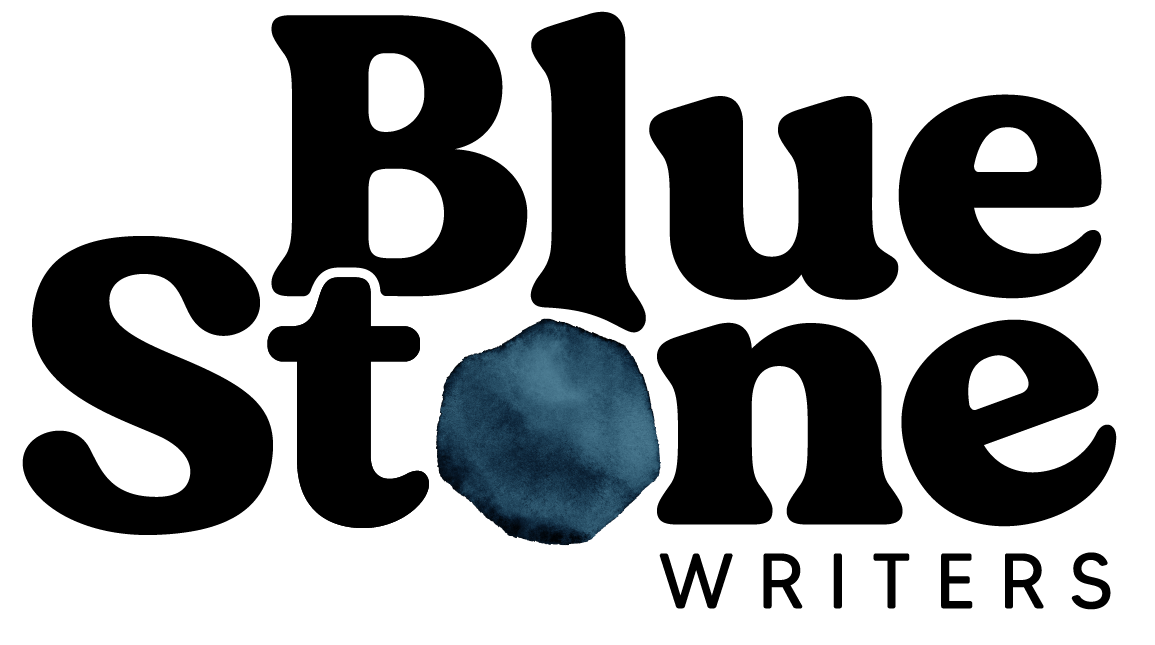Write to make room for transformation…
the butterfly / rose, weightless, in the wind. / "Don't love your life / too much," it said, / and vanished / into the world. —Mary Oliver, “One or Two Things”
Photo by @thatguymateo.
Anybody else ever find yourself clinging too tightly to old ideas in the work? Or maybe to new ideas when it comes to writing goals (people we’d like to impress, deadlines we hope to meet, or money we’d like to make)?
If you’re a Fool & the Page listener, you may have caught this recent episode on Temperance, a listener request from fellow writer Megan Clark.
In this episode, I talk about the need to let go in order to transform. While I never want to discourage anyone from visualizing their writing goals, if we focus too much on product—if we are clinging to the idea of how something will be consumed—we’re neglecting our materials, our characters, and our process. What if we were to let go of the idea of the future? What if we shed the need for anything beyond this moment? Could we make room for some major transformation?
The questions below are intended to be done twice, back-to-back if you have the luxury of time or on separate days if you’d like the extra guidance. On the first round, pose the questions to yourself, and on the second round, pose them to a character, either one who’s just wandered into your head, or somebody brand new. For the character, you can simply pose the question of what they may be clinging to, unless your character happens to be an artist, too!
Guided Writing: Once for you, once for a character…
Take a deep breath before you get started. Close your eyes for one minute. Thank yourself for taking this time. Thank the seeds for waking up, and the new green for showing up in the trees. Thank the space around you. Take another deep breath, and then proceed.
What in your process of creation do you feel yourself clinging to right now? It could be either an idea or element of that story you’re weaving (a scene, a character, or even a major event), or it could be an element related to process itself (the need to finish by a specific deadline, or the need to impress someone)? Write for 7 minutes here, without judgment, just letting yourself speak to the page about what you might be clinging to.
Now let’s do some wild imagining. I want you to visualize what it looks like to leave this thing behind; what is the chrysalis or shell or transformative home of your choice? What does this transformative shelter look like when you’ve finished with it? And the Part II to this—you probably saw this coming—what does the bird or butterfly look like when it takes flight? Take seven minutes for each—the shell and the transformed creature. Once you’ve let go, what is left behind, and what is made new? Tell the page about both.
With these last several minutes—4/5/6, whatever you have time for—consider a space where you feel able to tap into something bigger than yourself, a place where you are not needed and yet feel a part of the fabric of this place. This could be a forest where the tree roots have tangled underground long before you ever walked this path, or an art gallery where the pieces on the wall speak to you, even though you had nothing to do with their making. The idea here is to think of a place where you feel connected and powerful, yet small and insignificant—a wild combo! Take a moment to jot down some ideas about this place and how you can visit in the coming days. The idea here is that when we feel small yet extremely connected, we let go a little. Breath by breath, step by step, word by word.
Finally, one last breath. Thank yourself again for taking this time. Thank the space around you. Thank the sun and the rain. Thank your mind and all its storytelling layers.
Want weekly writing prompts? Follow @bluestonewriters on Instagram for weekly Writing Pauses, dropped each week to invite you to pause…write…breathe.


